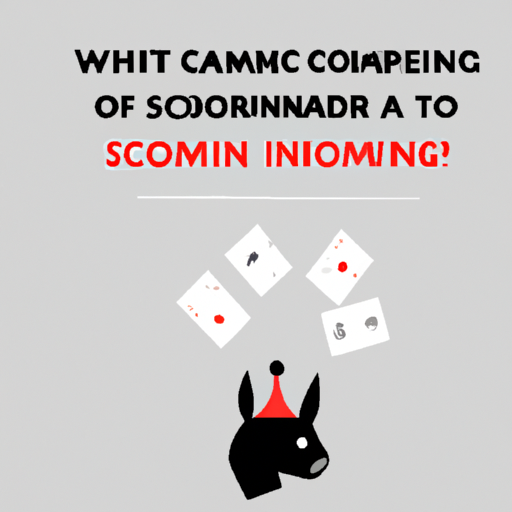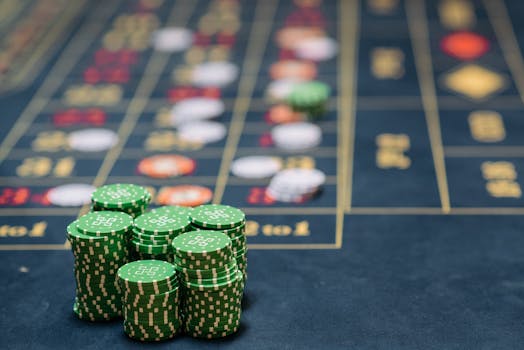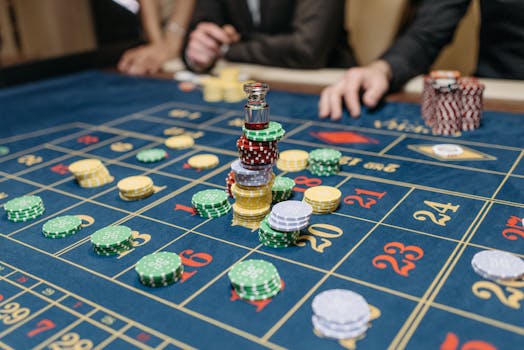Cognitive Dissonance in Gambling – How to Overcome It
Cognitive dissonance, a term first introduced by psychologist Leon Festinger in 1957, refers to the mental discomfort experienced when holding two or more contradictory beliefs, values, or ideas. In the context of gambling, this phenomenon can significantly impact players' emotions and behaviors, leading to stress and irrational decision-making. This article explores cognitive dissonance in gambling and provides actionable advice on how to overcome it.
Understanding Cognitive Dissonance in Gambling Cognitive dissonance in gambling arises when a player's desire to win conflicts with the reality of losses. This internal conflict can lead to increased gambling as individuals strive to justify their decisions and align their beliefs with their actions. Recognizing the signs of cognitive dissonance, such as frustration, justification of losses, or continued gambling despite negative outcomes, is the first step toward addressing it.
Approaches to Overcome Cognitive Dissonance in Gambling There are several strategies to manage and reduce cognitive dissonance in gambling contexts. These are divided into psychological approaches, practical strategies, and seeking professional help.
Psychological Approaches Mindfulness and Self-awareness: Practicing mindfulness can help gamblers become more aware of their thoughts and feelings, recognizing cognitive dissonance as it arises. Techniques include meditation, focused breathing, and journaling gambling activities and emotions associated with them. Cognitive Behavioral Therapy (CBT): CBT is a therapeutic approach that helps individuals identify and change destructive thought patterns. For gamblers, CBT can address irrational beliefs about gambling outcomes and develop healthier thought processes.
Practical Strategies Setting Limits: Establishing strict boundaries on the amount of money and time spent gambling can help reduce the opportunities for cognitive dissonance to occur. This includes setting loss limits and adhering strictly to them. Decision Making Aids: Using tools like decision matrices or pros and cons lists can help gamblers make more rational decisions, reducing the conflict between desires and reality.
Professional Help Seeking Counseling: Professional counselors or psychologists specializing in gambling addiction can provide tailored strategies to combat cognitive dissonance. They offer a safe space to explore the underlying causes of gambling behaviors and develop coping mechanisms. Support Groups: Groups like Gamblers Anonymous provide peer support, which can be crucial in overcoming the isolation that often accompanies gambling issues. Sharing experiences with others who understand can reduce the psychological burden of dissonance.
Comparing Approaches Each approach has its advantages and disadvantages. Mindfulness is cost-effective and can be practiced independently, but may not be enough for severe cases. CBT is highly effective but may require more time and resources. Setting limits is practical but relies heavily on self-discipline. Professional help is comprehensive but can be more expensive and requires a commitment to therapy.
Practical Examples Consider the case of John, a regular casino-goer who experiences significant cognitive dissonance. John starts practicing mindfulness, which helps him recognize when his desire to continue gambling is irrational. He also sets a strict loss limit and seeks periodic counseling, which together help him manage his gambling habits more effectively.
Conclusion Cognitive dissonance in gambling is a powerful psychological phenomenon that can lead to harmful behaviors. By understanding and addressing this dissonance through a combination of psychological approaches, practical strategies, and professional help, individuals can make more rational decisions and reduce the negative impact of gambling on their lives. If you or someone you know struggles with gambling-related cognitive dissonance, consider exploring these options to find a method that works best. Remember, seeking help is a sign of strength, not weakness.
For more information on cognitive dissonance and gambling, or to seek help, visit [reliable online source].

.png)



